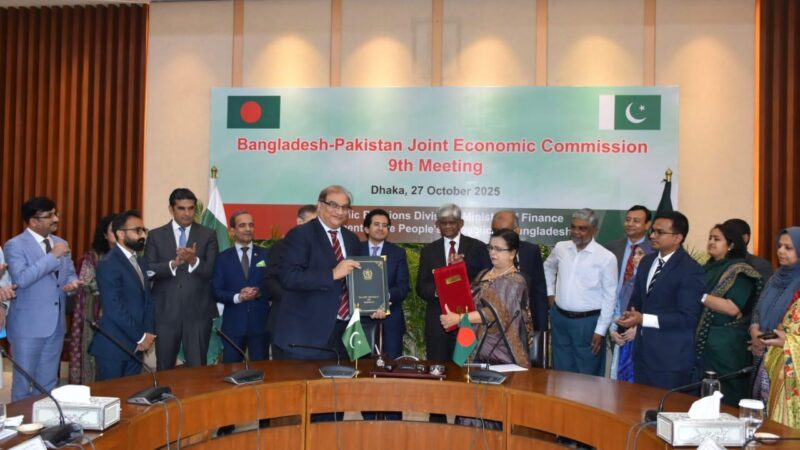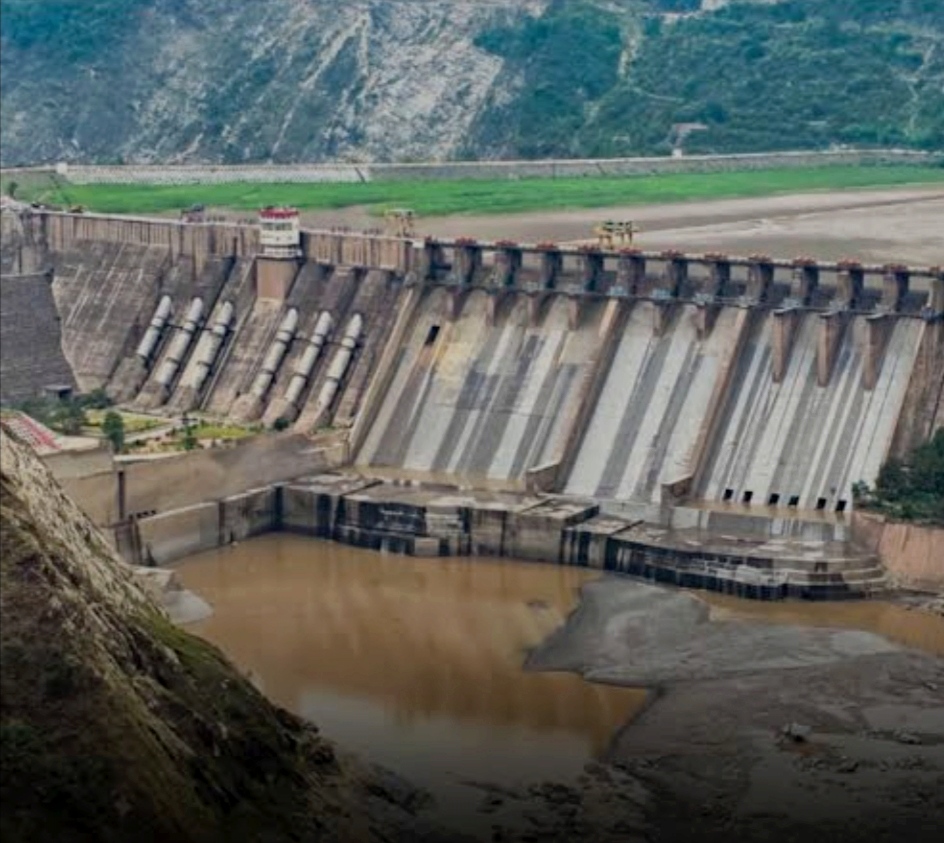Islamabad – Pakistan has raised serious concerns over growing India–Afghan cooperation in the water sector, describing it as a potential threat to the country’s water security and sovereignty. Officials claim that India, following setbacks in diplomatic and legal arenas, is allegedly using Afghanistan as a conduit to exert pressure on Pakistan through water manipulation.
Reports indicate that India has offered the Taliban regime financial assistance of USD 1 billion, raising alarms about the possibility of strategic water projects aimed at restricting Pakistan’s access to vital river systems. Following the recent visit of Afghanistan’s foreign minister to India, Pakistani analysts say the “use of water as a political instrument” appears increasingly clear.
According to a report published by India Today on 24 October 2025, the Taliban, reportedly with Indian technical and financial support, is planning to construct dams on the Kunar River—potentially disrupting water flows into Pakistan. Several proposed dams, including Naghlu, Darunta, Shahtoot, Shah Varus, Gambirri, and Baghdara, are believed to threaten the water security of districts dependent on the Kabul River basin, such as Peshawar, Charsadda, and Nowshera.
Pakistan receives an average of 16.5 million acre-feet (MAF) of water annually from the Kabul River, which supports critical crops like wheat, maize, and sugarcane. Experts warn that any significant disruption could have far-reaching impacts on agriculture, energy generation, and overall economic stability.
In response, Pakistan is reportedly developing a comprehensive defensive water strategy. Central to this plan is the Chitral River Diversion Project, which would reroute the river toward the Swat basin before it enters Afghanistan. Officials say the project will not only secure Pakistan’s water supply but also generate 2,453 megawatts of renewable energy, expand arable land, reduce flood risks, and strengthen dam reserves at Warsak and Mehmand.
Legal and water experts emphasize that the initiative is fully compliant with international law and Pakistan’s sovereign rights over its water resources.
“The nation is united in defending its lifeline against any form of water aggression,” said a senior government official. “Water is central to our security, agriculture, and economic future, and no external pressure will be tolerated.”
As geopolitical tensions continue to rise in the region, Pakistan’s move reflects a broader strategy to safeguard its resources while countering what it perceives as an emerging India–Afghan water nexus.






